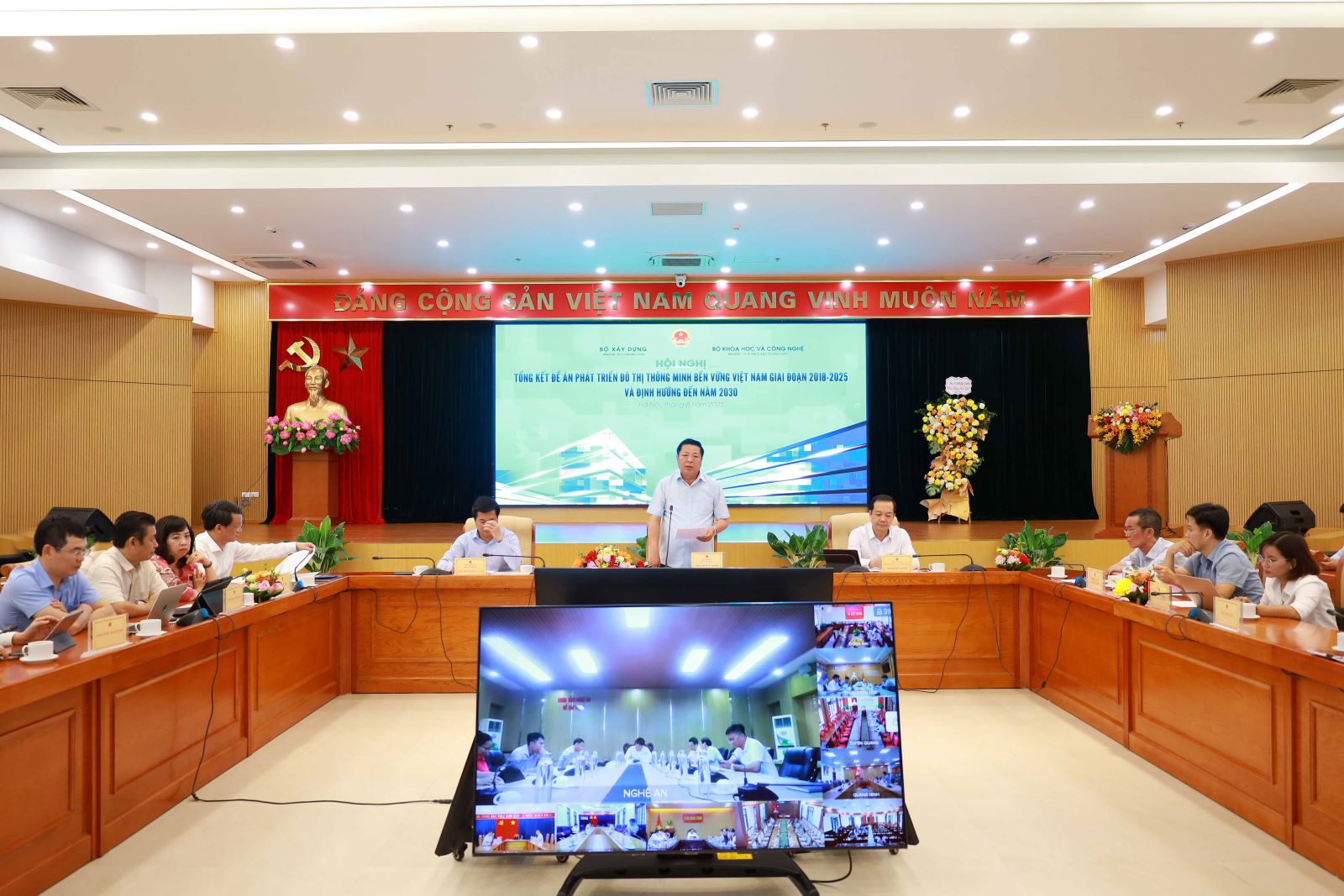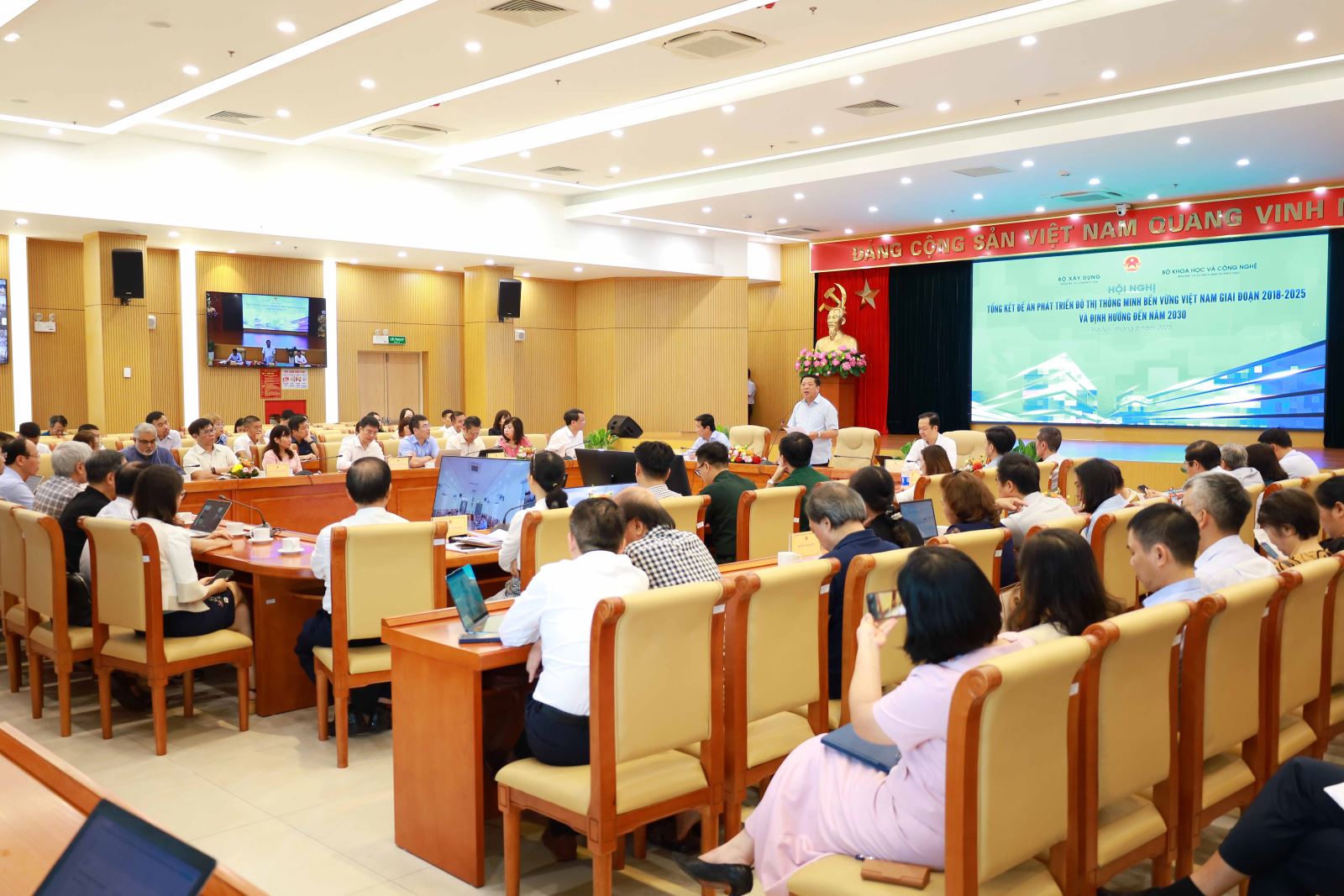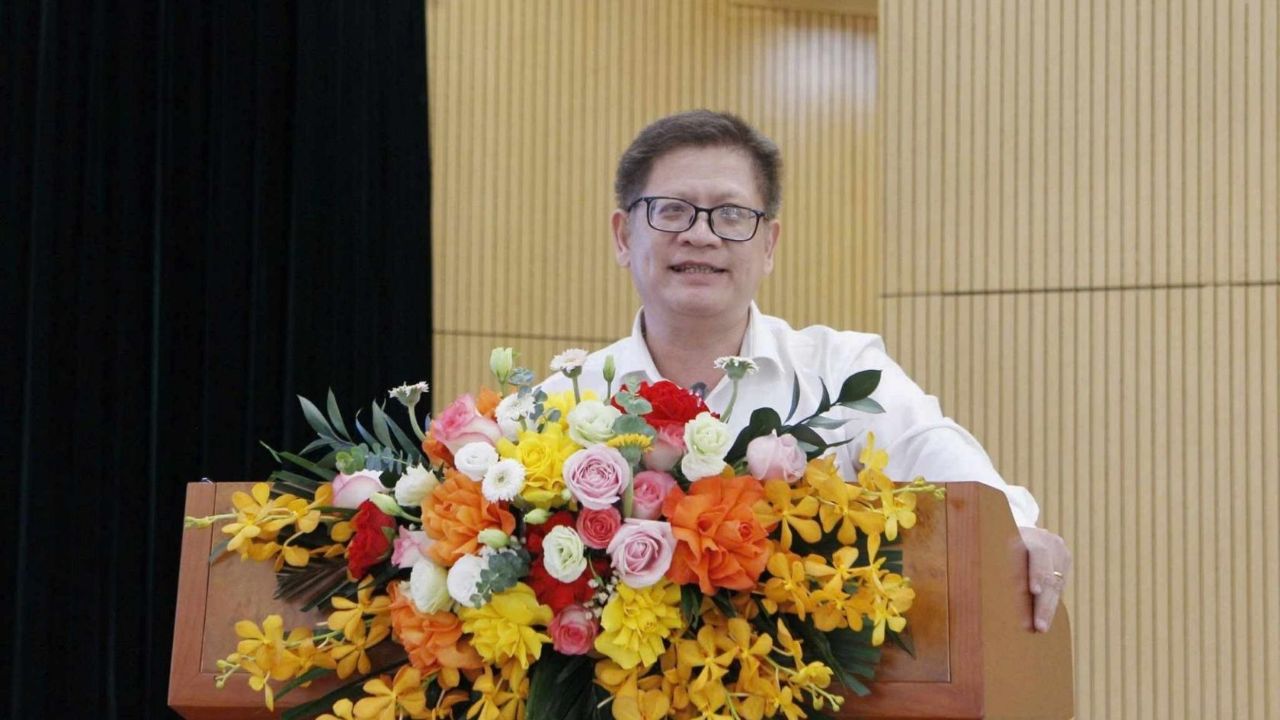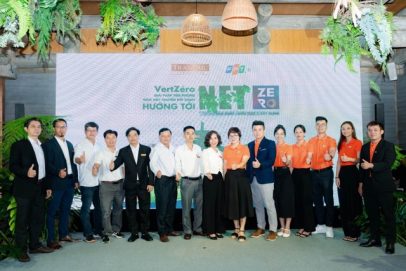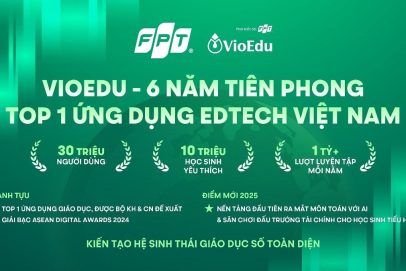FPT experts contribute groundbreaking initiatives to developing sustainable smart cities in Vietnam
On August 13, 2025, the Ministry of Construction held a conference to review the implementation of Vietnam’s Sustainable Smart City Development Scheme for the 2018–2025 period, with orientation to 2030. At the event, Mr. Vu Minh Quang – Consulting Director of Enterprise Sector, FPT IS, FPT Corporation – delivered a presentation proposing the application of AI technology and the development of AI-to-AI models in smart city ecosystems.
The scheme, approved by the Prime Minister under Decision No. 950/QĐ-TTg dated August 1, 2018, aims to build smart cities based on modern planning and management, providing intelligent utilities for citizens and businesses, with urban technical infrastructure and ICT infrastructure as its foundation.
Minister Trần Hồng Minh delivers remarks at the Conference (Photo: Ministry of Construction)
Speaking at the conference, Minister of Construction Tran Hong Minh emphasized: “After nearly 7 years of implementation, the Program has achieved initial results worth recognizing. Awareness of the necessity of developing smart cities has been unified from the central to the local levels.”
At the central level, the Ministry of Construction, together with other ministries and agencies, has developed and issued guidelines, criteria, and frameworks for smart urban development. At the local level, 37 provinces and cities have introduced plans and initiatives for smart urban development across sectors such as transportation, healthcare, and education, which have already begun to deliver tangible benefits for citizens and businesses. Looking ahead to the 2025–2030 phase, the Ministry of Construction has proposed seven key solution groups to promote more comprehensive and effective smart city development: Improving institutions and technology infrastructure; Building shared databases; Developing human resources; Innovating urban governance; Putting citizens at the center; Expanding international cooperation; Strengthening public–private partnerships.
Overview of the Conference (Photo: Ministry of Construction)
At the event, business representatives also exchanged views and proposed initiatives to accelerate the Smart City program in Vietnam. Representing FPT, Mr. Vu Minh Quang – Consulting Director of Enterprise Sector, FPT IS, FPT Corporation – introduced three phases of AI application in smart cities.
Specifically, the first phase is the technology-driven smart city model, which is mainly developed by government agencies. In this phase, AI is among the applied technologies but not yet the core.
The second phase marks a shift toward a service-oriented smart city model, placing citizens at the center. Here, AI virtual assistants are widely deployed to enhance citizens’ access to urban services.
The third phase, with the breakthrough of Agentic AI, envisions a model where A2A (AI-to-AI) becomes the “nervous system” of the city. Each citizen will have one or more AI agents (super assistants) capable of interacting with AI agents of government and businesses via A2A protocols, or even through natural language. This model enables automated interactions among AI assistants to provide information, coordinate schedules, and eliminate complex system integration issues. A smart city powered by an A2A brain will evolve into a “digital organism” with the ability to self-learn, self-adapt, and continuously optimize.
Mr. Vu Minh Quang – Consulting Director of Enterprise Sector, FPT IS, FPT Corporation – introduced three phases of AI application in smart cities
Mr. Quang noted that this idea is still in the early stages of exploration and testing. However, Vietnam has both the potential and the opportunity to take the lead in this breakthrough approach, thanks to its advanced AI infrastructure—including the world-class capabilities of FPT AI Factory, globally benchmarked “made by FPT” AI solutions, a rapidly growing pool of high-quality AI experts, nationwide 5G telecommunications infrastructure, and an increasingly robust digital enterprise ecosystem.
The FPT expert outlined several key recommendations to accelerate pilot projects and realize the A2A model in Vietnam: Firstly, planning – integrate AI as a core component in the architecture of smart cities. Secondly, technology – build a secure, multimodal, ultra-high-performance A2A communication layer alongside a high-capacity AI infrastructure. Thirdly, policy – establish legal frameworks for collecting and sharing urban data on AI platforms, while ensuring individuals retain control over how much of their data is shared. And lastly, ecosystem development – create mechanisms to attract businesses and tech start-ups to rapidly establish a dynamic and sustainable A2A ecosystem.
With its diverse portfolio of technology solutions and proven track record in digital transformation and smart city projects, FPT reaffirmed its commitment to working closely with the Ministry of Construction, organizations, and businesses to drive technology adoption—particularly AI—in advancing smart city development in Vietnam.


